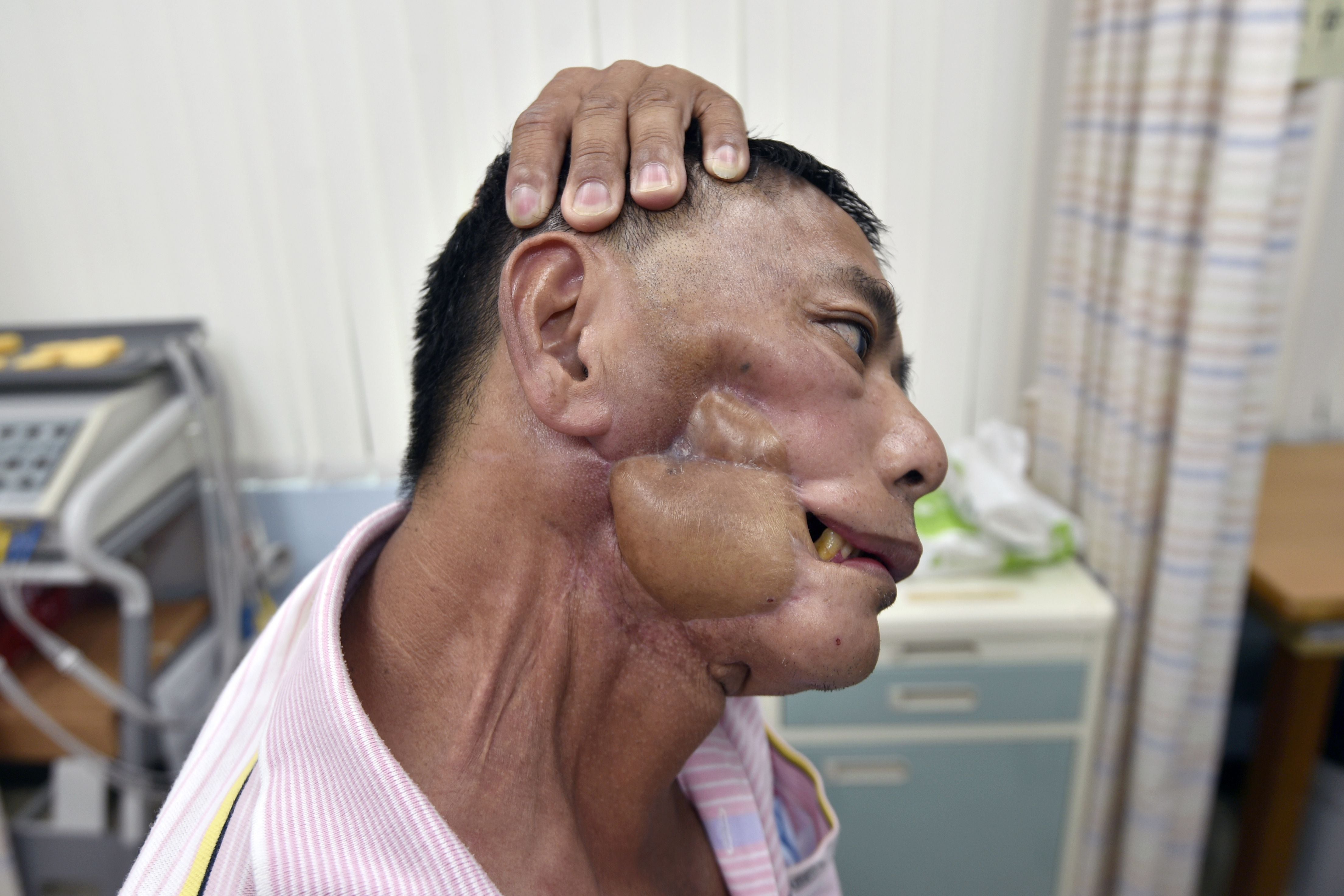Betel nuts: China bans advertising for ‘cancerous snack’ popular across south Asia
Between 2009 and 2015, oral cancer cases were 30% higher in Hunan province

Your support helps us to tell the story
From reproductive rights to climate change to Big Tech, The Independent is on the ground when the story is developing. Whether it's investigating the financials of Elon Musk's pro-Trump PAC or producing our latest documentary, 'The A Word', which shines a light on the American women fighting for reproductive rights, we know how important it is to parse out the facts from the messaging.
At such a critical moment in US history, we need reporters on the ground. Your donation allows us to keep sending journalists to speak to both sides of the story.
The Independent is trusted by Americans across the entire political spectrum. And unlike many other quality news outlets, we choose not to lock Americans out of our reporting and analysis with paywalls. We believe quality journalism should be available to everyone, paid for by those who can afford it.
Your support makes all the difference.China has cracked down on betel nuts, a cancer-causing, popular and addictive snack consumed across Asia for their stimulating properties.
China’s state agency National Radio and Television Administration in September banned all advertisements for the nuts on radio, television or online shows in an attempt to bring down its consumption.
“We must promptly organise inspections and cleanups to ensure that the requirements are implemented,” the agency said in its announcement. “We should safeguard the interests of the people and create a good communication environment.”
Betel nuts are harvested from Areca palm trees and can be consumed dry or fresh. They are also sometimes wrapped up in betel leaves along with cardamom, cinnamon or flavourings containing tobacco. In China, the nuts are chewed without the leaves.
The nuts leave a striking red residual stain in the mouth of those who chew it. They are well-known for producing a “buzzing effect”, which some say is equivalent to six cups of coffee. Betel nuts are often compared to nicotine, alcohol and caffeine for their addictive nature and stimulating effect.
A daily soap called Crime Crackdown that went on air last month showed a policeman chewing betel nuts to clear his mind before solving a case, reported online news website SixthTone.

The International Agency for Research, a group sponsored by the World Health Organisation, has listed areca nuts and betel leaves as carcinogens — or cancer-causing agents. It said that long-term use can cause dental ulcers, gum degeneration and cancers of the mouth and esophagus.
A study in PLOS One, a peer-reviewed scientific journal, in 2015 found that the chemical arecoline in areca nuts produces the same receptors in the brain that cause nicotine addictions.
The nuts are called “Taiwan’s chewing gum” in Taiwan, another country where they are commonly found. It undertook efforts to curb its consumption in 2015. On the island, at least 80 per cent to 90 per cent of people with oral cancer or pre-cancerous lesions were found to be addicted to areca nuts, according to BBC News.
Following a national anti-chewing campaign, Taiwan managed to reduce consumption of areca nuts from 17.2 per cent in 2007 to under 7 per cent in 2018.

The growing market of betel nuts has been on the radar of Chinese advertising regulators for a few years now. In March 2019, similar efforts were undertaken by the Hunan Provincial Areca Nut Food Industry Association, which banned “all forms of advertising”.
Hunan province of China is the biggest consumer of betel nuts. The value of betel nut production in Hunan was estimated at 30bn yuan (£3.4bn) and growing, according to a report by China Business Times.
According to a study by CNKI, a Chinese research institute, cases of oral cancer were 30 per cent higher in Hunan province than the rest of the country between 2009 and 2015.
Join our commenting forum
Join thought-provoking conversations, follow other Independent readers and see their replies
Comments